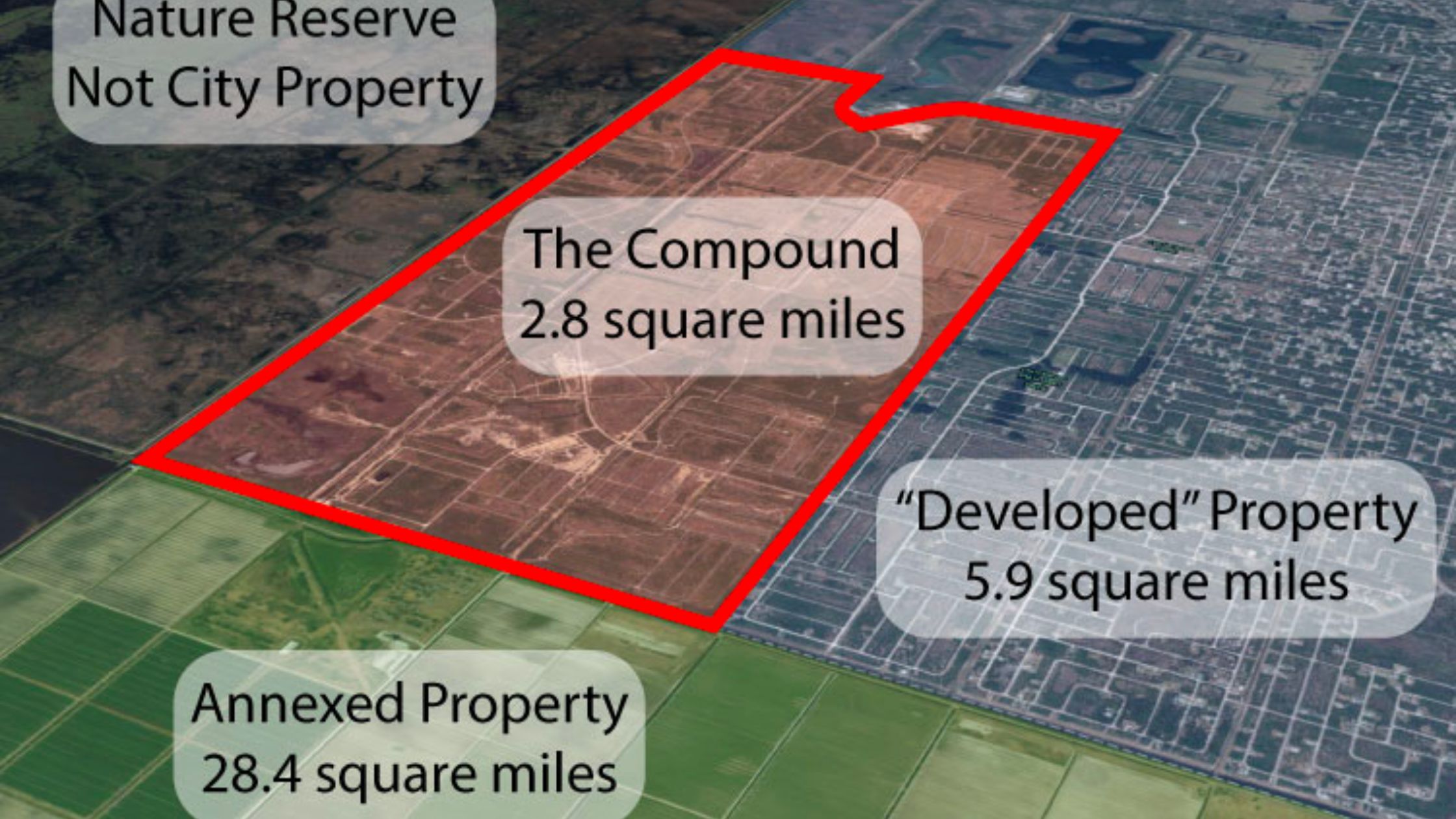Voters will be asked to approve or reject six state constitutional amendments during the Nov. 3 General Election.
Four of the amendments, numbers 1-4, are citizen initiatives and two, numbers 5 and 6, were referred by the Florida Legislature. This year, a citizen initiative required a total of 766,200 signatures collected from at least 14 of the 27 congressional districts on a petition to be considered. Additionally, the four citizen initiatives are subject to a financial impact review.
A proposed amendment requires at least 60% approval from voters to pass.
The six proposed amendments this year are:
AMENDMENT 1: Citizenship Requirement to Vote in Florida Elections
Sponsor name: Florida Citizen Voters.
Ballot summary: This amendment provides that only United States Citizens who are at least 18 years of age, a permanent resident of Florida, and registered to vote, as provided by law, shall be qualified to vote in a Florida election.
Financial impact statement: Because the proposed amendment is not expected to result in any changes to the voter registration process in Florida, it will have no impact on state or local government costs or revenues. Further, it will have no effect on the state’s economy.
AMENDMENT 2: Raising Florida’s Minimum Wage Ballot
Sponsor name: Florida For A Fair Wage Sponsor.
Ballot summary: Raises minimum wage to $10 per hour effective Sept. 30, 2021. Each Sept. 30 thereafter, minimum wage shall increase by $1 per hour until the minimum wage reaches $15 per hour on Sept. 30, 2026. From that point forward, future minimum wage increases shall revert to being adjusted annually for inflation starting Sept. 30, 2027.
Financial impact statement: State and local government costs will increase to comply with the new minimum wage levels. Additional annual wage costs will be approximately $16 million in 2022, increasing to about $540 million in 2027 and thereafter. Government actions to mitigate these costs are unlikely to produce material savings. Other government costs and revenue impacts, both positive and negative, are not quantifiable.
AMENDMENT 3: All Voters Vote in Primary Elections for State Legislature, Governor, and Cabinet
Sponsor name: All Voters Vote, Inc.
Ballot summary: Allows all registered voters to vote in primaries for state legislature, governor, and cabinet regardless of political party affiliation. All candidates for an office, including party nominated candidates, appear on the same primary ballot. Two highest vote getters advance to the general election. If only two candidates qualify, no primary is held and the winner is determined in the general election. Candidate’s party affiliation may appear on the ballot as provided by law. Effective Jan. 1, 2024.
Financial impact statement: It is probable that the proposed amendment will result in additional local government costs to conduct elections in Florida. The Financial Impact Estimating Conference projects that the combined costs across counties will range from $5.2 million to $5.8 million for each of the first three election cycles occurring in even-numbered years after the amendment’s effective date, with the costs for each of the intervening years dropping to less than $450,000. With respect to state costs for oversight, the additional costs for administering elections are expected to be minimal. Further, there are no revenues linked to voting in Florida. Since there is no impact on state costs or revenues, there will be no impact on the state’s budget. While the proposed amendment will result in an increase in local expenditures, this change is expected to be below the threshold that would produce a statewide economic impact.
AMENDMENT 4: Voter Approval of Constitutional Amendments
Sponsor name: Keep Our Constitution Clean PC.
Ballot summary: Requires all proposed amendments or revisions to the state constitution to be approved by the voters in two elections, instead of one, in order to take effect. The proposal applies the current thresholds for passage to each of the two elections.
Financial impact statement: It is probable that the proposed amendment will result in additional state and local government costs to conduct elections in Florida. Overall, these costs will vary from election cycle to election cycle depending on the unique circumstances of each ballot and cannot be estimated at this time. The key factors determining cost include the number of amendments appearing for the second time on each ballot and the length of those amendments. Since the maximum state cost is likely less than $1 million per cycle but the impact cannot be discreetly quantified, the change to the state’s budget is unknown. Similarly, the economic impact cannot be modeled, although the spending increase is expected to be below the threshold that would produce a statewide economic impact. Because there are no revenues linked to voting in Florida, there will be no impact on government taxes or fees.
AMENDMENT 5: Limitation on Homestead Assessments
Sponsor: The Florida Legislature.
Ballot summary: Proposing an amendment to the State Constitution, effective date Jan. 1, 2021, to increase, from two years to three years, the period of time during which accrued Save-Our-Homes benefits may be transferred from a prior homestead to a new homestead.
AMENDMENT 6: Ad Valorem Tax Discount for Spouses of Certain Deceased Veterans Who Had Permanent, Combat-Related Disabilities
Sponsor: The Florida Legislature.
Ballot summary: Provides that the homestead property tax discount for certain veterans with permanent combat-related disabilities carries over to such veteran’s surviving spouse who holds legal or beneficial title to, and who permanently resides on, the homestead property, until he or she remarries or sells or otherwise disposes of the property. The discount may be transferred to a new homestead property of the surviving spouse under certain conditions. The amendment takes effect Jan. 1, 2021.




